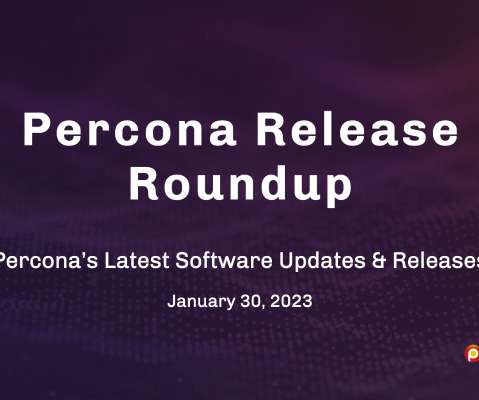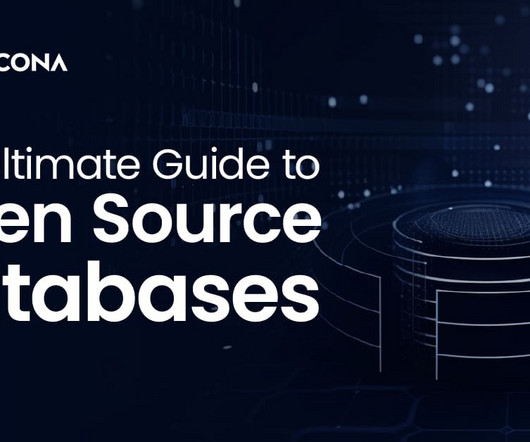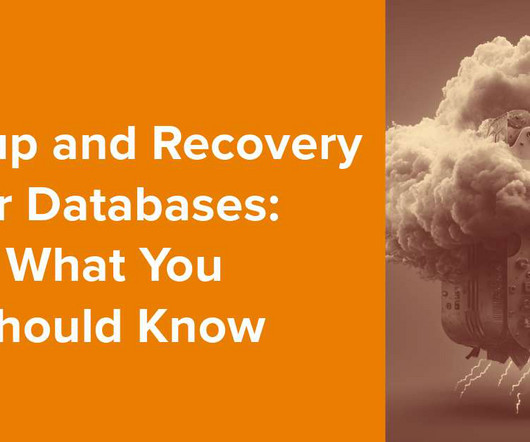Percona Backup for MongoDB 2.0.3, Updates to Percona Distribution for MySQL: Release Roundup January 30, 2023
Percona
JANUARY 30, 2023
Percona Distribution for MySQL (PS-Based Variant) 8.0.30 (Update) An update to the release of Percona Distribution for MySQL (PS-based variant) 8.0.30 Percona Distribution for MySQL is a single solution with the most critical enterprise components from the MySQL open source community, designed and tested to work together.













Let's personalize your content